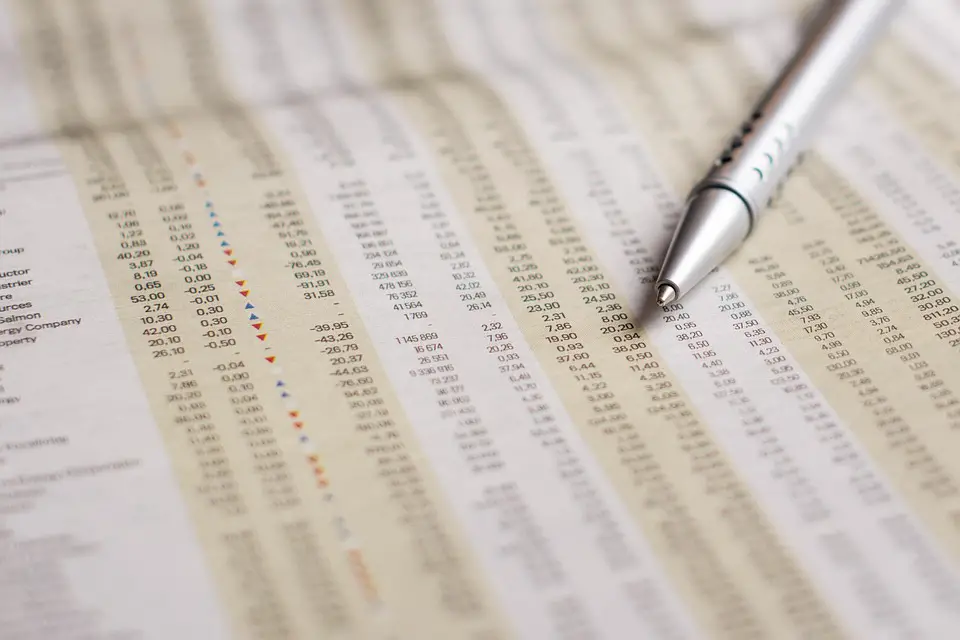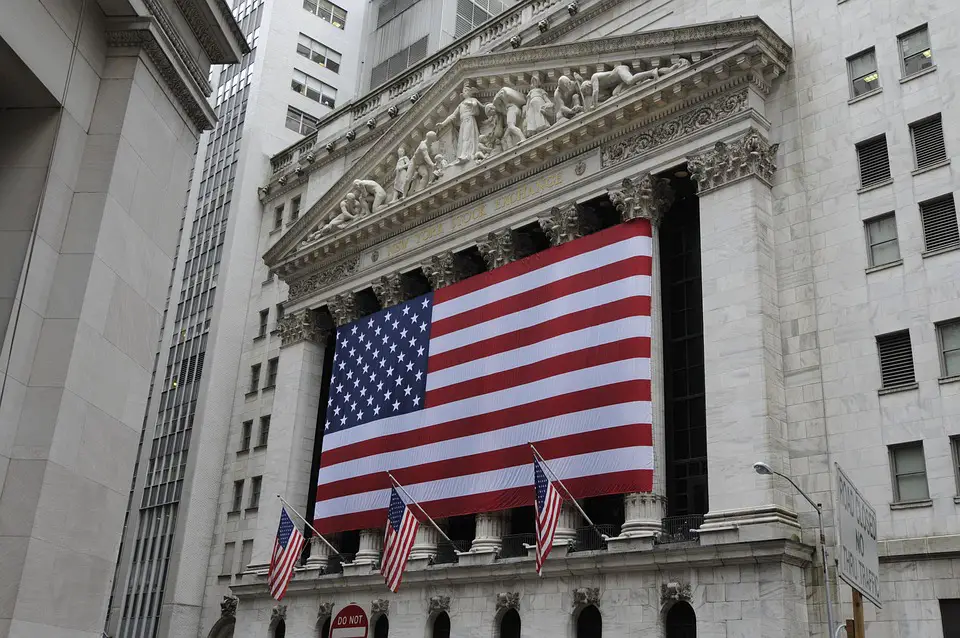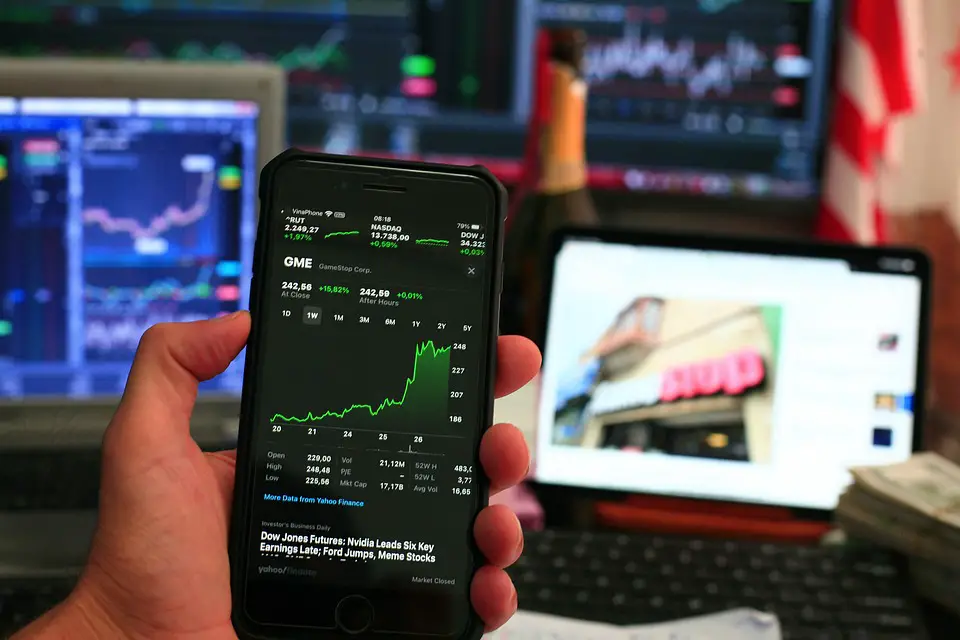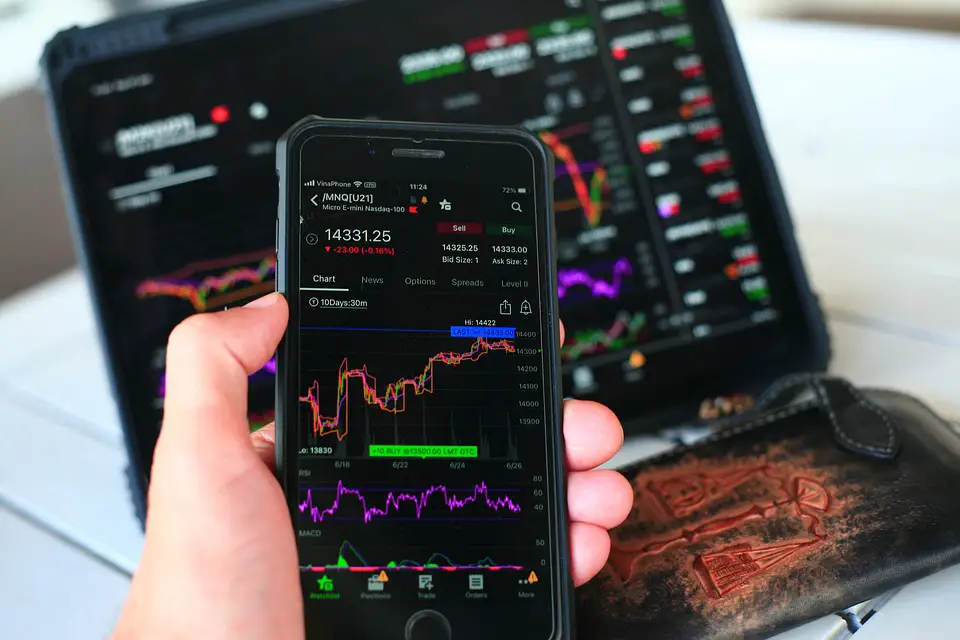Ah, 2025! The year we all thought would bring flying cars, but instead, we’re just stuck in traffic while geopolitical events rock the financial boat like a toddler on a sugar high. If you’ve ever wondered how a tweet from a politician or a diplomatic snag can send stocks soaring or plummeting, you’re in the right place. Buckle up, because we’re diving deep into how these global shenanigans shape stock performance and, more importantly, how you can profit from the chaos.
Understanding the Geopolitical Landscape
Geopolitical events are like that unpredictable friend who shows up at parties: sometimes they bring great energy, sometimes they spill drinks everywhere. These events encompass everything from wars and trade agreements to elections and international sanctions. And just like your friend’s questionable karaoke choices, they can have a significant impact on the stock market.
Key Players in Geopolitical Events
- Governments: The big players making laws, enforcing policies, and causing market mayhem.
- Central Banks: Messing with interest rates like they’re adjusting the volume on a boombox.
- Corporations: The businesses that either thrive or dive based on the geopolitical climate.
- Investors: You and me, the everyday hustlers trying to make a buck.
Why Geopolitical Events Matter for Investors
You might be thinking, “Why should I care about some political drama happening thousands of miles away?” Well, my friend, here’s the kicker: these events can directly influence market performance. Let’s break it down:
- Market Volatility: Geopolitical tensions can create uncertainty, leading to market fluctuations. Think of it as the stock market’s version of a rollercoaster—thrilling, but you might lose your lunch.
- Sector Impacts: Certain industries are more sensitive to geopolitical events. For example, defense stocks might skyrocket during military conflicts, while travel stocks might tank.
- Currency Fluctuations: Political unrest can lead to currency devaluation, affecting multinational companies and their stock prices.
The Butterfly Effect of Geopolitics
Ever heard of the butterfly effect? No, not the movie with that creepy guy who keeps messing with time. It’s the idea that a small change in one place can lead to significant changes elsewhere. In finance, this means that a political decision in one country can affect stock prices globally. For instance, a new trade agreement between two nations can boost the stock prices of companies that export goods, while companies in countries excluded from the deal might see their stocks sink like a stone.
How to Profit from Geopolitical Events
Now that you’re all warmed up and ready to rumble, let’s get to the good stuff: how to turn geopolitical chaos into cash. Here are some strategies that will help you navigate the tumultuous waters of global markets while making some serious dough.
1. Stay Informed: Knowledge is Profit
Let’s face it: if you’re not keeping up with global news, you’re basically trading stocks with a blindfold on. Here are some tools to help you stay informed:
- News Aggregators: Use apps like Feedly or Google News to curate news about global events and market changes.
- Social Media: Follow financial analysts and economists on Twitter. Just be sure to filter out the noise (and the cat memes).
- Podcasts & Webinars: Tune into financial podcasts that discuss current events and their potential impact on the markets.
2. Sector Rotation: Follow the Money
When geopolitical events shake the market, certain sectors will shine while others will dim. Here’s how to play the game:
- Identify Safe Havens: During times of crisis, defensive sectors like utilities and consumer staples often perform better. Invest in these when tensions rise.
- Watch for Opportunities: When peace returns or trade agreements are signed, cyclical sectors like travel and leisure can see a surge. Get in early!
3. Leverage ETFs for Diversification
Exchange-Traded Funds (ETFs) are like a diversified buffet for investors. They allow you to invest in a collection of stocks, which can help cushion the blow from market volatility. Here’s how to use them:
- Geopolitical ETFs: Look for ETFs that focus on regions affected by geopolitical events. For example, if tensions rise in the Middle East, consider energy ETFs that focus on oil companies.
- Sector-Specific ETFs: These can help you capitalize on sector rotation without having to pick individual stocks.
4. Use Options for Strategic Plays
If you’re feeling a bit adventurous (and have a stomach for risk), consider options trading. This is where you can really leverage geopolitical events to your advantage. Here are a few strategies:
- Buying Calls: If you’re bullish on a stock after a positive geopolitical event, buy call options to capitalize on the upside.
- Buying Puts: If you anticipate a downturn due to negative news, buying put options can help you profit even when the market is down.
5. Keep an Eye on Currency Markets
Geopolitical events can lead to currency fluctuations, which can affect international investments. Here’s how to play it:
- Currency ETFs: These allow you to invest in a specific currency or a basket of currencies affected by geopolitical events.
- Forex Trading: If you’re feeling particularly bold, you can trade currencies directly. Just remember, this isn’t for the faint of heart!
6. Build a Robust Risk Management Strategy
Let’s not kid ourselves; investing in a volatile market can be risky. Here’s how to protect your hard-earned cash:
- Set Stop-Loss Orders: Automatically sell stocks if they drop below a certain price, limiting your losses.
- Diversify Your Portfolio: Don’t put all your eggs in one geopolitical basket. Spread your investments across different sectors and regions.
- Stay Calm: Remember, the market is like a soap opera—there will always be drama. Don’t panic sell during a downturn; instead, look for buying opportunities.
Real-World Examples: The Impact of Geopolitics on Stock Performance
Alright, let’s get down to brass tacks. Here are some real-world examples of how geopolitical events have influenced stock performance—and how you could’ve made money from it.
Example 1: The Trade War
Remember when the U.S. and China were embroiled in a trade war? Tariffs were flying around like confetti, and the market was a wild ride. Those who invested in agricultural stocks (like soybean producers) saw their fortunes dip, but savvy investors who shorted those stocks or moved into tech companies that benefited from reduced competition saw gains.
Example 2: Political Unrest in Venezuela
When Venezuela’s political situation worsened, oil prices spiked. Investors who recognized this early and invested in oil stocks or energy ETFs made a tidy profit. Meanwhile, those who ignored the signs were left in the dust.
Example 3: The Pandemic Effect
The COVID-19 pandemic was a global geopolitical event that shook the world. While travel stocks plummeted, tech stocks soared. If you had the foresight to pivot your investments toward tech companies (hello, Zoom and Peloton!), you would have been swimming in gains.
Conclusion: Geopolitical Events as Your Money-Making Tool
Geopolitical events may be unpredictable, but that doesn’t mean your investment strategy has to be. By staying informed, diversifying, and using strategic investment techniques, you can turn global chaos into cash. So, the next time a new geopolitical drama unfolds, don’t panic; grab your popcorn and get ready to profit.
Remember, the world of investments is like a high-stakes poker game—know when to hold ‘em, know when to fold ‘em, and always keep an eye on the geopolitical landscape. Now go forth, my fellow hustlers, and turn those geopolitical events into your next money-making machine!






